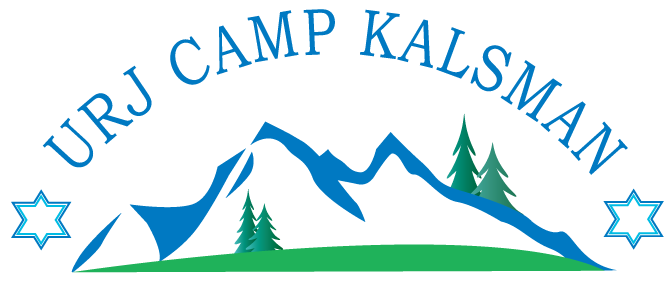by Rabbi Ilana Mills, Camp DIrector
We find our patriarch Jacob at a pivotal moment in his life. Last week, Jacob stole his brother, Esau’s, birthright and blessing and fled home to escape Esau’s wrath. This week, we find Jacob wandering, looking for a new place to rest his head and call home. His journey begins with a dream of angels on a ladder and continues on to find his future wife, Rachel, at a watering well.
The moment that Jacob and Rachel meet is noteworthy. The custom was that when a number of flocks arrived, multiple shepherds would work together to move a large rock over the watering hole. However, when Jacob saw Rachel, he single-handedly moved the rock off the well so he could provide her and the flock with water.
When I meet with engaged couples, some of them tell a story of a “rock moving” moment when they first met, that moment when they were struck by love at first sight. Often when looking at this text, we can see the emotions that overpowered Jacob and enabled him to move the rock. Sometimes when looking at this text, we think about those times in our lives when we have done something that seemed impossible. When we overcame an obstacle that we didn’t know we had the strength to conquer.
Yet maybe it wasn’t love or emotion that enabled Jacob to move the large rock. Maybe Jacob moved the rock single-handedly because he didn’t know how to work with others. From the moment he was in his mother’s womb, he fought with his twin. His story is full of battles: with his brother, his father-in-law, and his children. I wonder if Jacob moved the rock alone because that was the only way he knew how to work: solo.
I think of the times big and small that I have seen others (or myself) make their lives harder by thinking they can’t ask for help. Whether it’s solving a problem, opening a jar of tomato sauce, or supporting someone going through a hard time, we often feel the pressure to be the only one who can do it, when, in reality, it’s better for all if we work as a team. This week’s Torah portion reminds us that tasks are not always meant to be done solo, that sometimes the best thing we can do is ask for another set of hands.
I see this happen every year at camp, staff and campers learn how to work with others, how to rely on others, how to ask for help, and how to be the one who steps up when others are in need.
This week, may we recognize the beauty of letting others help and helping them as well. May we see the strength in being vulnerable to ask for help and the power of connection that working together creates.
Shabbat Shalom, Camp Kalsman!
